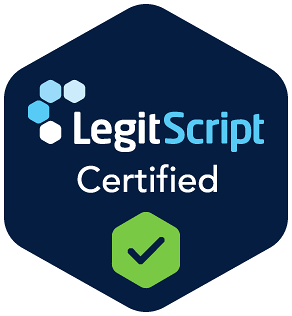.jpg)
The Role of Family Therapy in Supporting Long-Term Recovery from Substance Use
Recovery doesn’t happen in isolation. When someone is working through substance use challenges, the support—or strain—of family relationships can play a major role in their progress. That’s why family therapy is an essential part of long-term recovery. At Spark Wellness, we view family members not just as loved ones, but as active partners in the healing process.
Why Family Matters in Recovery
Substance use doesn’t just affect the person struggling—it impacts the entire family system. Loved ones may feel confused, resentful, or exhausted from years of navigating the effects of addiction. Without support, these strained dynamics can become barriers to recovery.
Family therapy helps address these challenges by:
- Encouraging open, honest communication
- Rebuilding trust that may have been broken
- Teaching healthier ways to manage conflict
- Helping loved ones understand addiction as a disease, not a choice
When families are given the tools to heal together, recovery becomes a shared journey rather than a solo effort.
How Family Therapy Supports Long-Term Sobriety
Research shows that people who participate in family therapy are more likely to remain engaged in treatment and maintain recovery long after formal programs end. Some of the lasting benefits include:
- Improved support systems – Loved ones learn how to encourage recovery without enabling unhealthy behaviors.
- Accountability – Families can help keep clients on track with treatment goals.
- Better mental health for all – Family members gain strategies for managing their own stress and emotions.
- Strengthened relationships – Recovery can provide an opportunity to repair bonds and create new patterns of connection.
What Family Therapy Looks Like at Spark Wellness
Incorporating family therapy into substance use treatment doesn’t mean revisiting every painful moment. Instead, sessions focus on education, practical skills, and fostering healthy communication. At Spark Wellness, family therapy may include:
- Learning about the cycle of addiction and recovery
- Identifying enabling vs. supportive behaviors
- Practicing boundary-setting
- Creating a plan for long-term support after treatment
These sessions are offered alongside PHP and IOP levels of care, ensuring that both the individual and their family have the guidance they need during recovery.
Recovery as a Family Journey
While no two families are alike, one thing remains constant: recovery is stronger when it’s supported. Family therapy offers a safe, structured space to rebuild trust, learn new coping skills, and create a healthier home environment. For many, it’s the missing piece that transforms recovery into long-term wellness.
Recovery articles for you

The Mental Health and Substance Use Cycle and Why Treating One Without the Other Often Fails
-1200x800.jpg)
Why Relapse Often Starts Weeks Before Someone Uses Again



